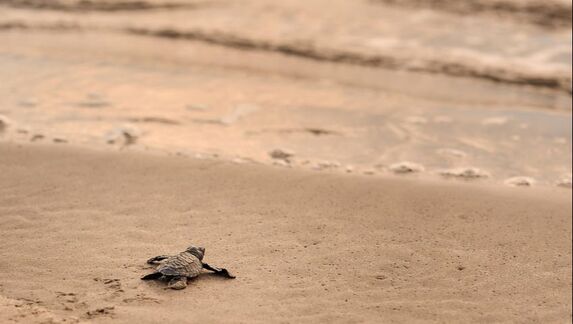PRE-MEETING MENTORING SESSIONS
Mentors will facilitate the mentoring sessions being run for ECRs, by sharing personal experiences and advice in an informal small group setting. We will aim to have 2-3 mentors per session, with the total group size being 10-15 people, including mentors. Each mentoring session will be around an hour long and take place online in the week before the conference. We hope to run each mentoring session twice, once in the morning UK time, and once in the afternoon UK time. The actual schedule will depend on participant's time zones' and the availability of mentors.
Mentoring Sessions
|
Caregiving as an ECR
As early career scientists, you are expected to produce papers, give presentations, secure grants, build your research network, mentor, and do outreach. You may also be required to teach and perform university service. This busy stage of life also often coincides with when you might want to build a family, or you have a parent or other dependent to care for. Career development and caregiving compete for your time, energy and creativity, and successfully juggling the two activities is highly challenging. You often feel you are not doing either one well. This session provides an opportunity to share stories with others that are also trying to be superhumans, and discuss practical ways to ease the burden, including how to recognize your limits and find resources to support you. |
Mental health and work-life balance as an ECR
Mental illness can affect anyone, regardless of background, age, favourite ice cream flavour... Those in academia face additional challenges, as academia can be a high pressure environment with intense expectations and competition. ECRs face additional challenges, as they may not have a permanent position, which can result in additional stress financially, as well as a weaker network of friends and family due to having to move. We are also all balancing our professional demands with our personal lives. In this session, we will hear authentic stories of people who suffered from mental health issues and how that affected their careers as well as their relationships. We will acknowledge that it is OK to not be OK, and share strategies, tips and resources to help you cope. |
Building your career as an ECR (to include both linear career paths and broader career wiggles)
Life as an academic researcher is multifaceted, requiring a huge range of skills, often without any formal training. Beyond publishing papers and presenting results at conferences, an early career researcher also has to build up their own national and international networks, start collaborations, get involved with reviewing journals, develop new projects and write grant proposals. But how to do this?
In this session, we invite everyone to share their personal experiences of what has or hasn’t helped them to build their career, as well as to provide tips, recommendations, and suggestions.
Life as an academic researcher is multifaceted, requiring a huge range of skills, often without any formal training. Beyond publishing papers and presenting results at conferences, an early career researcher also has to build up their own national and international networks, start collaborations, get involved with reviewing journals, develop new projects and write grant proposals. But how to do this?
In this session, we invite everyone to share their personal experiences of what has or hasn’t helped them to build their career, as well as to provide tips, recommendations, and suggestions.
|
|
|



